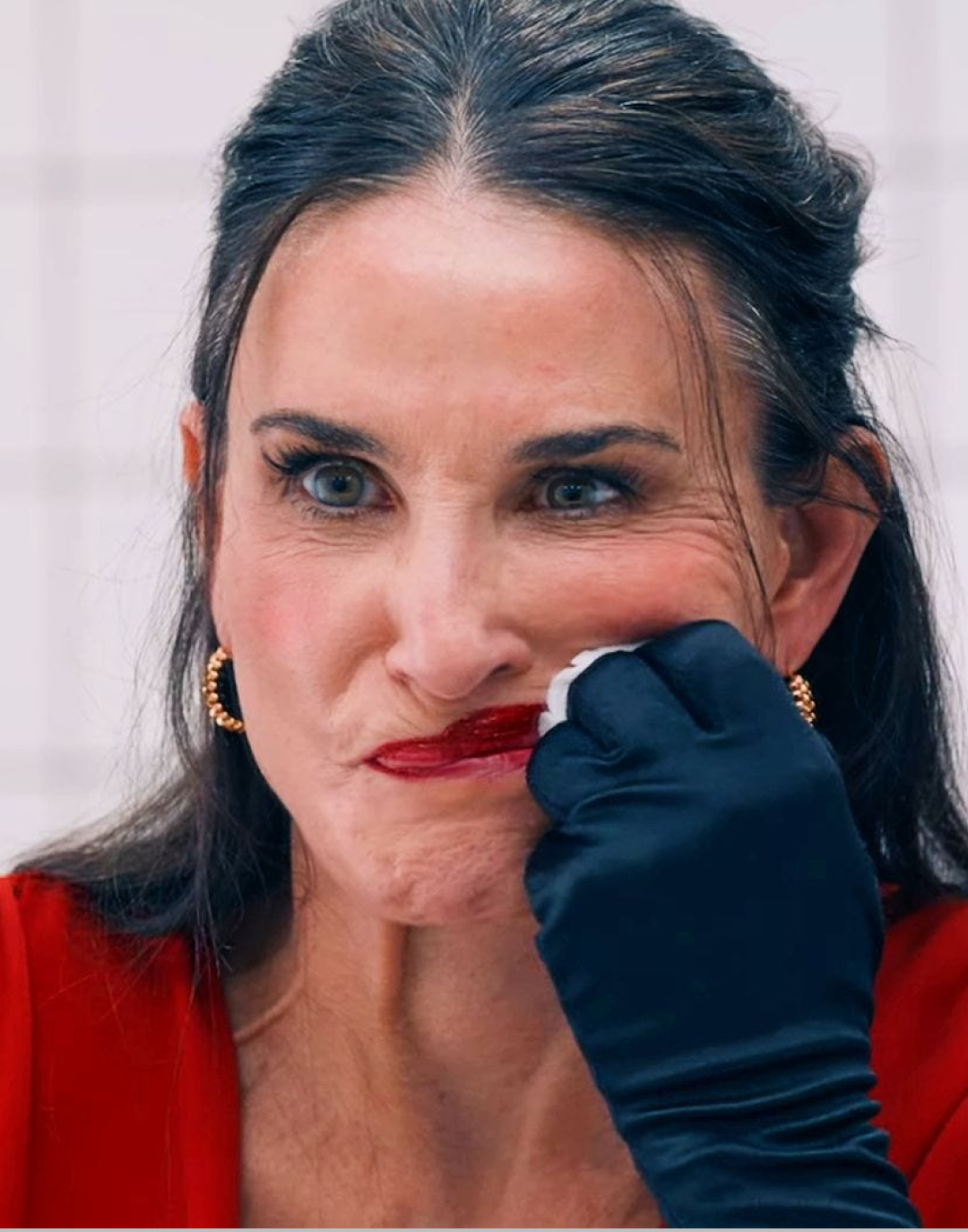
Now luxury wants to sell you eternal youth The longevity market is expanding and its customers are richer than ever before
Yesterday, WWD discussed David Beckham's new business venture: wellness supplements. The UK football legend has launched IM8, a line of supplements developed in collaboration with health sciences company Prenetics (of which Beckham is a co-founder) aimed at wellness and longevity. Longevity itself is somewhat central to the narrative of the new product, as its very name combines "I am" with a sideways "8", the infinity symbol – the intended message being something like "I am eternal." Of course, there is more beyond the symbolism: the product is designed to simplify supplement intake, as taking Beckham's product is equivalent to using 16 different supplements together, streamlining wellness routines that are gaining immense traction today, well beyond gym bros' keratin powders and into expanding cultural niches of people at all social levels increasingly concerned with issues such as microbiome care, cardiovascular health, aging, and nutrition. The scalability of the business is also supported by a subscription model that remains relatively accessible to middle-to-high-income users, and, unsurprisingly, the brand is infused with Beckham's world: from the red color reminiscent of Manchester United and, naturally, promoted by the massive media platform the English champion has on Instagram, where wellness-related content, from saunas to cold plunges, abounds. But Beckham's brand launch is no coincidence, nor is it a vanity project. As Prenetics and IMB8 CEO Danny Yeung told WWD, "the global vitamins [and] dietary supplements market represents a $170 billion opportunity worldwide, with $40 billion in the U.S. market." It makes one wonder: are the dreams of longevity and eternal youth replacing the dreams once promised by fashion? Are dietary supplements the new it-bags?
According to a recent report by Euromonitor International, cited by Vogue Business, in fact, the theme of longevity will dominate 2025. The report, titled Top Global Consumer Trends 2025, specifically refers to how global consumer priorities will evolve, with the feeling of investing in one's future becoming more desirable than classic makeup or luxury perfume, and other "superficial" cosmetics such as creams or masks. The change being sought is more radical, more structured over the long term: 52% of respondents aim to maintain their health in the coming years compared to 46% in 2023. To ride this trend (which is actually as old as time, considering even Snow White’s evil queen sought to prolong her life), old and new businesses are proliferating: preventive and specialized wellness solutions, digital health and fitness monitoring, NAD+ supplements, not to mention how the women's health market is, in economic terms, equivalent to an uncharted continent. Brands like Apple, Oura, Whoop, Flo, and Garmin already offer technological devices to count steps, track calories, monitor exercise intensity, glucose levels, sleep cycles, hormonal levels – essentially, covering much of the sphere of physical health. Meanwhile, between January and August 2024, the online availability of products containing NAD+ tripled and is expected to increase further. The women's health market, meanwhile, is expanding even faster than the supplement market.
The emerging longevity market reflects a profound shift in how society views health and wellness. It's no longer just about dermatology, a field saturated to the extreme with countless more-or-less viral, more-or-less appreciated products, but about a desire to intervene on a much deeper level: the culture of biohacking promoted at all levels, from your neighborhood gym bro to fitness content creators (proliferating on social media), up to mega-stars and Olympic athletes. But the interest is even broader: we live in a visual culture where social media constantly exposes us to “aesthetic” bodies (this new gender-free adjective has replaced words like “toned,” “fit,” “muscular”) and the thousand daily steps we can take to achieve a health-disguised beauty.
Consider the polarizing figure of Bryan Johnson, a tech billionaire who has taken the culture of biohacking to levels even Dorian Gray could not have dreamed of, with his obsession to maintain his body’s efficiency at 18 years old through supplements, exercise, and vaguely medieval-sounding treatments like receiving transfusions from his son’s blood or facial fat injections. He is perhaps the most prominent exponent of a movement that today has enormous proportions, potentially global in scope as people worldwide seek nutritional or topical remedies to stave off an eternally feared old age, yet ever-present as a looming threat of a future demographic winter and overburdened pension systems on the verge of collapse like branches weighed down by snow. For now, however, society and its celebrities are undoubtedly asking themselves the same question Ryan Johnson posed to his followers a few days ago: "Are we the first generation who won’t die?"













































